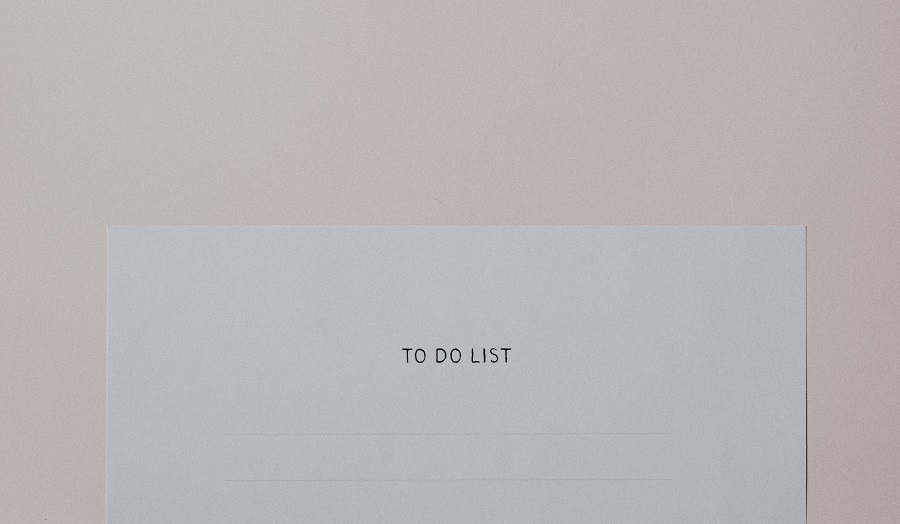For Mental Health Awareness Week, Journalism, Film and Television graduate Bernardo Almeida writes about how to manage procrastination and its relationship with mental health.
Date: 9 May 2022
Procrastination is not an uncommon factor in our lives, especially If you struggle with mental health. You have probably experienced that feeling of indefinite postponement. That feeling that keeps you awake at night, only to make you do the same thing the next day.
Procrastination is one of the side quests of anxiety and depression, if you’re into video game analysis. When entering the open-world game of mental health you will come across it.
Maybe you feel afraid of a particular outcome. Or you think you want to leave the door open to other possibilities so you don’t go through the one in front of you. You wait. You remain in the safe zone of not doing anything because you are scared. You procrastinate.
Of course, you know this is a trap. The snowball effect of leaving it for later is that it ends up being harder to pursue whatever it is you were supposed to do. Then it is either gone or it lost its timing.
The circular nature of this cycle is that you feel anxious in the beginning, guilty by the end and then anxious again because you want another opportunity.
It can be as simple as meeting up with friends, one that you didn’t go to and later felt so bad that you end up thinking they don’t like you anymore.
There’s the work interview where you keep thinking you won’t get the job, so why bother? Then you start thinking that was your last chance and no job will come your way.
Obviously, there are less painful procrastinations like cleaning your wardrobe and getting rid of old stuff. In any case, you become a hoarder of stuff that needs your attention, energy and determination.
In this real-world experience that is mental health, procrastination behaves in the same way as anxiety as it tricks you into believing in the outcome way before the process begins. Since it has already convinced you before, it becomes increasingly hard to see it for what it is. It is part of the alarm system triggered by past events.
I don’t know how to wave a magic wand or scream into my head and tell myself, “You are ok, go for it.” I just press play sometimes and sometimes I don’t.
Tips to manage procrastination at university:
- Recognise that you are procrastinating and work out why – does it seem boring or stressful? Do you feel unprepared? Are you struggling to know where to start? Finding the problem will help you determine what you need to overcome to succeed.
- Forgive yourself for procrastinating in the past – you can’t change what you’ve already done, you can only acknowledge it and move forward.
- Agree with a friend to check in on each other – sharing your progress with someone you care about may be more motivating than doing it for yourself.
- Start small – give yourself 10 minutes to complete a small task and you may find it motivates you to move onto something bigger!
- Take baby steps – break down all the things you need to do into their component parts. Completing a whole project may seem overwhelming but usually you will find it’s made up of lots of smaller elements that are more manageable.
This article was first published on Mental Magazine, an award-winning publication founded by London Met Journalism and Photojournalism graduates.

